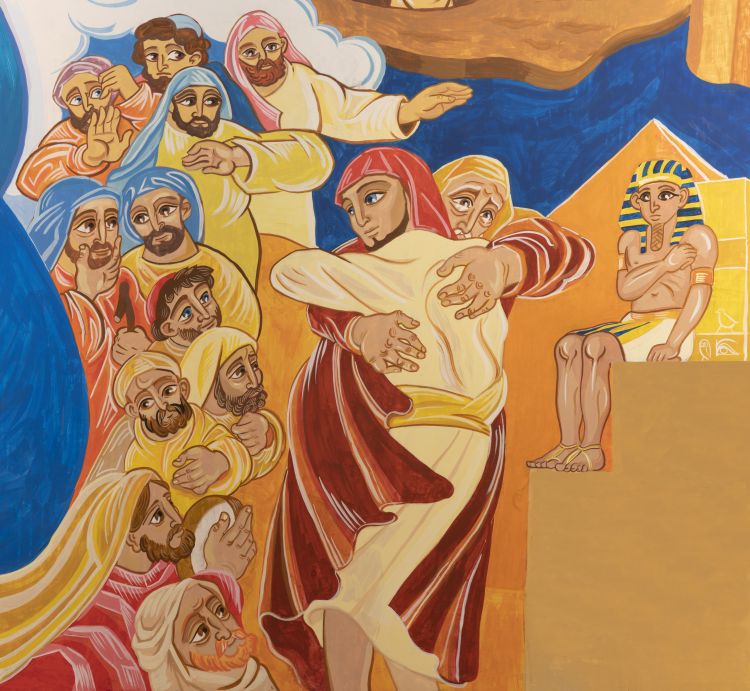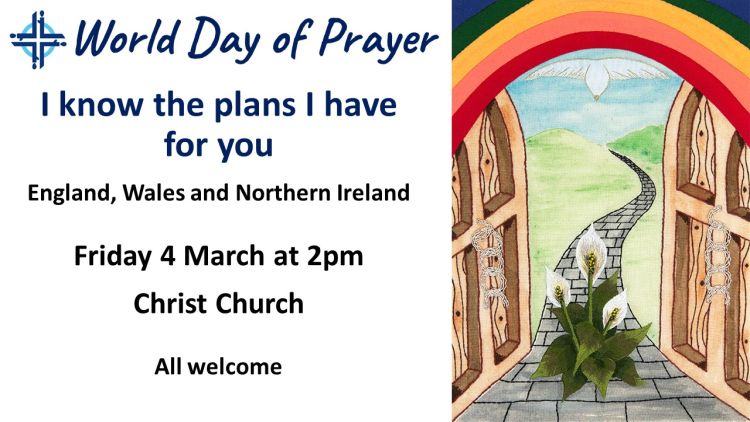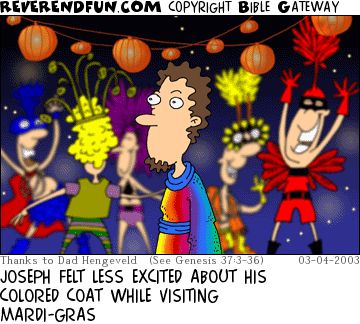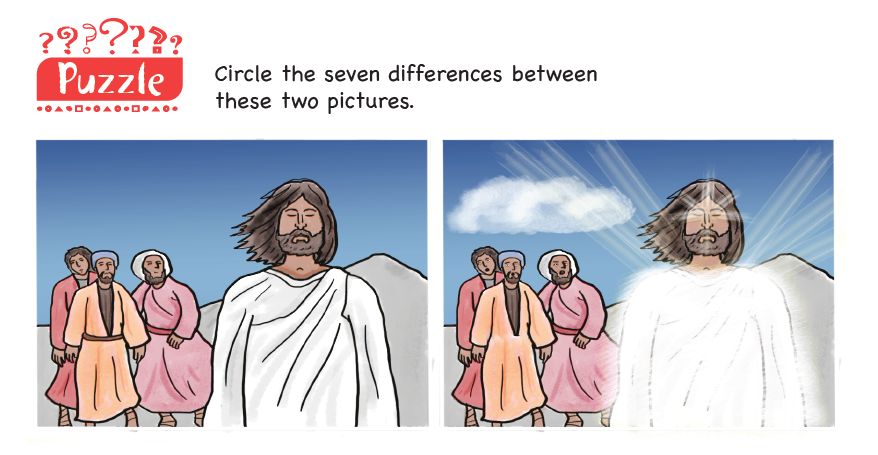
Hello everyone,
Welcome to the latest issue of our church newsletter. I hope you are keeping well and staying safe. Our church is open for Sunday services but we will continue to live-stream our services and send out our newsletter regularly for the foreseeable future.
You can find previous issues of the newsletter on our church website at www.christchurchuxbridge.org.uk We would love to hear from you and are looking for uplifting and encouraging content to share in future issues of this newsletter. If you have any ideas or content that we can share, please do email them to Louise (publicity@christchurchuxbridge.org.uk)
This week, we take a moment to pray for Ukraine in our opening prayer, which is from the Joint Public Issues Team:
God of all,
with alarm and concern we bring before you
the military intervention in Ukraine.
In a world you made for peace and flourishing,
we lament the use of armed force.
We mourn every casualty of this conflict,
every precious life extinguished by war.
We pray comfort for those who grieve
and those who are fearful.
Hear our longing that leaders and nations
will honour the worth of all people
by having the courage to resolve conflict through dialogue.
May all our human failings be transformed
by your wonderful grace and goodness.
We ask this in the name of Christ,
the author of peace and sustainer of Creation.
Amen.

Reflection from 20 February : The Golden Rule – what you hate, do not do to anyone
Readings: Genesis 45: 3-11, 15 and Luke 6: 27-38
If we are asked to recall the Joseph story, many of us will probably think of the shiny glamour of the Rice/Lloyd Webber musical: ‘Joseph and the Amazing Technicolour Dream Coat’. However, behind the gloss lies a profoundly human story.
Joseph, when he was a boy, was almost murdered by his jealous brothers. Then he was sold into slavery, and separated from his beloved father, Jacob. There is something moving then, as Joseph asks after his father when he met his brothers several years later in Egypt. It is a trigger for shame on the part of his brothers. Joseph does not want revenge. Though he has faced times of terrible trial in Egypt, he has come to see that God sent him on ahead of his family to preserve life; to preserve a remnant of God’s people on earth and provide many survivors. This might not look like a blessing to many of us; but in the face of famine and death, it is a blessing. It offers the promise of a new day. Generations of people will come because of Joseph. Out of the trauma of the violence of his experiences, new life will rise.
On what is now known as ‘The Sermon on the Plains’ Jesus pronounces the Golden Rule: ‘Do to others as you would have them do to you.’ Jesus offers a really radical teaching; simple yet difficult. What you hate, do not do to anyone. What Jesus demands is that you do good and lend, expecting nothing in return. (My father once told me that if I want to remain on friendly terms with my friends, I should not lend them money). You do good not only to your friends, but to your enemies as well – those who curse and abuse you; those who dishonour you by slapping your face. ‘Do to others…’ This sounds like a very simple rule to live by. Why then, does it seem so difficult and challenging in practice? Assuming that we would like to be treated kindly with love, what gets in the way of us showing kindness and love to others?
Jesus’ call to discipleship is never easy. The Sermon on the Plain is among the toughest and most disconcerting things Jesus has to say to his disciples. He is challenging them to behave differently to the way they have been brought up. It is as radical and uncomfortable to hear this teaching today as it was for Jesus’ first disciples. The O.T’s call to love our neighbour as ourselves referred only to fellow Israelites, whereas Jesus’ call is clearly advocating love and merciful treatment for everyone – our neighbours, friends, enemies and ourselves. Within a culture that upheld the law as a way of life, Jesus presents a new way of life, not a set of dos and don’ts. It is about the attitude of the heart. How can we love our enemies today? Or rather shouldn’t we hate our enemies, or at the very least want vengeance, or if they hurt us… justice?
Have you ever felt you have been treated unfairly? Perhaps, as an older child, you often felt left out compared to your younger siblings. Our feelings of being left out or treated unfairly are real and raw. This was certainly the case for Joseph. In fact, his brothers threw him in a pit and left him for dead. So you can imagine the emotion of the reunion with his brothers. Have you ever been in a situation where you have encountered someone who really hurt you? How did you handle this? How should we handle something like that?
When we hear the word ‘enemy’, who or what comes to mind? In reality we all have been wounded by someone at some time — we all have or have had an enemy. What does it mean to love your enemy? Clearly, it must be more warm fuzzy feelings– not least when we do not share someone’s values or find ourselves appalled or outraged by their actions. Let us approach it from another angle. Have we ever stopped to consider that we may be the enemy? The truth is that we hurt others too. How would we want to be treated? And how can we learn to love the enemy within as well as without?
Two modern day examples come to mind:
1) Building Bridges for Peace. Jo Berry is a champion of peace. Her father was killed by the IRA in the Brighton bombing of 1984. The bomb was planted by Patrick Magee, a member of the IRA. Instead of being consumed by bitterness, Jo made the painful decision to meet the man who killed her father. This encounter changed her life; indeed, it changed both their lives. Jo was faced with the humanity of her father’s killer, and this moved her to compassion. Together, they now travel and share their story of forgiveness, healing and reconciliation.
2) The Truth and Reconciliation commission of South Africa is well known. A place where offenders from both sides of the political or social divide or spectrum, where the offender and the offended were brought together for forgiveness and healing to take place. As Archbishop Desmond Tutu said “All of us have at times needed to forgive and be forgiven – whether small, everyday harms or real traumas. But the path of forgiveness is not easy, and the process unclear. How do we let go of resentment when we have been harmed, at times irreparably? How do we forgive and still pursue justice? How do we heal our hearts? How do we heal the harm we have caused others? And how do we forgive ourselves?” When asked why he was talking with the white South African government, his answer was plain and simple. “When you want peace, you don’t talk to your friends; you talk to your enemies.”
Perhaps, one fruitful way to consider how one might take Jesus’ words seriously without attempting to wish them away, is to consider what it covered by the concept of love. We live in an era where love is mushy, understood as an emotion or something that exists firstly in our heads or heart. It entails being well or affectionately disposed towards another. Jesus’ context had a stronger relationship, public and practical conception of love. Love was in part, about being in relationship together in community. To love one’s enemies entails acknowledging that they remain part of the community; that they are not other or beyond the pale; that somehow, and at some level, the people of God are diminished without them. It leaves room, however tenuously, for God – in us and in them – to restore and remake the community. For us, this might seem impossible, but nothing is impossible in God.
Let me tell you a story: A gentleman was celebrating his 100th birthday and was being interviewed by a reporter for a local newspaper. The reporter asked, “What are you most proud of?” The man thought deeply for a moment, then answered, ‘I don’t have an enemy in the world.’ The reporter was startled by his response and said, “That is impressive. How did you do it? How did you live your life having no enemies?” The man answered, ‘I outlived them all.’
We all have been wounded by someone. Maybe like the 100-year-old man, you ignore them and hope to outlive them. Or maybe you try to seek revenge. Often we can feel our response to our enemies is justified. So when Jesus tells us to ‘love our enemies’, he is turning what we might call ‘everyday worldly wisdom’ upside down. Instead of hate, he instructs us to love. Instead of hitting back, he tells us to offer the other cheek. Instead of judging, he says we should forgive. These are not easy words to hear, especially if we have been deeply wounded. Imagine how difficult this must be for Joseph. He had been rejected and left for dead by his brothers. Many years later, during a famine, Joseph encounters his brothers again. He had the opportunity to repay them for their wrongdoings: he could have declined their request for food. Yet, he didn’t; he chose to forgive, and in so doing he occupied the higher ground. He chose a better way.

The truth is, we all have hurt someone, whether by intent or accident. We may very well be someone’s enemy. Our human nature causes us to mess up and to hurt and to judge others. No one is innocent. Jesus challenges us to walk a different path, but this is something we cannot do on our own. We need God’s help. Remember that Jesus never asked us to do something or anything he himself had not done or willing to do. Jesus was crucified by his enemies, yet as he was dying, he cried out, ‘Father forgive them.’ We are loved by God. We are forgiven by God. We are not judged by God (thanks to Jesus). And, as difficult as this may be to hear – God loves our enemies too.
God wants us to live a life free from bitterness, anger, and a desire to seek revenge. This is not easy. It is heroic to choose to forgive instead of seeking revenge. Only God can give us the strength to do it. Who is our enemy? Who has hurt us? Do we have the courage to turn the questions back on ourselves and ask: Who have we hurt? Who do we judge? It truly is not an easy path – but Jesus will walk with us on our journey. Amen.
Dr Paul Ashitey
Readings for 27 February
Luke 9:28-36 (NIV)
The Transfiguration
28 About eight days after Jesus said this, he took Peter, John and James with him and went up onto a mountain to pray. 29 As he was praying, the appearance of his face changed, and his clothes became as bright as a flash of lightning. 30 Two men, Moses and Elijah, appeared in glorious splendor, talking with Jesus. 31 They spoke about his departure, which he was about to bring to fulfillment at Jerusalem. 32 Peter and his companions were very sleepy, but when they became fully awake, they saw his glory and the two men standing with him. 33 As the men were leaving Jesus, Peter said to him, “Master, it is good for us to be here. Let us put up three shelters—one for you, one for Moses and one for Elijah.” (He did not know what he was saying.)

34 While he was speaking, a cloud appeared and covered them, and they were afraid as they entered the cloud. 35 A voice came from the cloud, saying, “This is my Son, whom I have chosen; listen to him.” 36 When the voice had spoken, they found that Jesus was alone. The disciples kept this to themselves and did not tell anyone at that time what they had seen.
Further readings from the lectionary this week are as follows:
- Exodus 34:29-35
- Psalm 99
- 2 Corinthians 3:12 – 4:2o
Our worship
We meet at 11am for our Sunday services, which are also live-streamed on our Facebook page. If you wish to view our services online, you can find them at www.facebook.com/christchurchuxbridge. You do not have to be a Facebook user to watch them – our services are publicly viewable. You can also view a recent service on our church website. This week’s service will be a communion service led by Methodist minister, Rev’d Julie King. You can find the order of service here.
If you are unable to join us in person or online for our Sunday services, but would like to receive a recording of them on a memory stick to watch at home, please let us know.
Forthcoming services
27 February – Rev’d Julie King (Methodist minister) – communion service
6 March – Mr Alan Yates (URC lay preacher)
13 March – Christ Church worship group – parade service
20 March – Christ Church worship group
40 acts of kindness for Lent
Lent is traditionally a time for giving up something, but if you’d like to focus on giving out, rather than giving up, then why not join in with our 40 acts of kindness challenge for Lent? You can download the challenge here, which features 40 small acts of kindness, each with a Bible verse and a prayer point. You can do them in order or choose which act you’d like to do each day.
Ash Wednesday prayer gathering
Graham will be leading a time for prayer and reflection on Ash Wednesday. This will be held on Wednesday 2 March at 2pm in the chapel. All are welcome.
World Day of Prayer
Christ Church will be hosting this year’s World Day of Prayer service, ‘I know the plans I have for you’ which has been put together by the WDP organisation for England, Wales and Northern Ireland.

This will be held on Friday 4th March at 2pm and will also be live-streamed on our Facebook page. Refreshments will be served after the service. All welcome to attend.
Lent Bible Study
We will be starting a Lent Bible study group in the chapel on Saturday mornings, 10am – 11.15am. This will be followed by the weekly time of prayer. The Lent group will run each Saturday, starting on 5 March and running until 9 April.
If you would be interested in taking part in the Lent Bible study group, please let Graham or Louise know.
Church charity news
During March, Jean Wilson-Main will be taking on a walking challenge and aiming to walk 200 miles to raise money for Halo Children’s Foundation. If you’d like to support her in this challenge, you can find her JustGiving page here: https://www.justgiving.com/fundraising/jean-marie-wilson-main1
You can find more details about HALO Children’s Foundation, our church charity for 2022 at:
www.christchurchuxbridge.org.uk/activities/churchcharity2022/
To make a donation to our church charity online visit www.justgiving.com/fundraising/christ-church-halo2022

Children’s Corner

Praying for other churches
This week we hold the following churches in our prayers:
- North Harrow Methodist
- St Margaret’s and St George’s, Harlesden (URC/Moravian)
Closing prayer
God, thank you that, as we journey with you,
you are transforming us.
Thank you for the mountaintop experiences
as well as the everyday journeys.
We ask to know your presence and your power
as we live each day for you. Amen.
(Taken from Roots)
